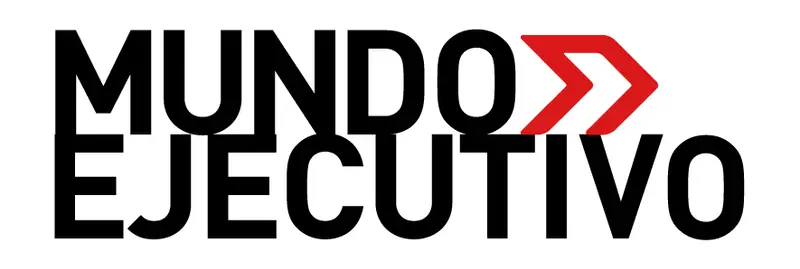The Disturbing Case of UnitedHealthcare CEO’s Murder
In recent weeks, the unsettling events surrounding the murder of UnitedHealthcare CEO Brian Thompson have highlighted a troubling fracture in our societal values. Brian Thompson, a devoted family man, became the victim of a violent crime, shocking the business community and the public alike. What adds to the unease is the disturbing response from some quarters of the political spectrum, where certain voices seem to commend the actions of the man accused of this heinous crime.
Mixed Reactions to Daniel Penny’s Verdict
On the opposite end of the spectrum, we see the case of Daniel Penny. A jury recently acquitted him of charges related to an incident on a New York City subway, where he intervened against an aggressive individual. Instead of being praised for his actions that spared others from harm, Penny has faced intense scrutiny and criticism, showcasing the divide in contemporary responses to acts of violence. His case raises inconvenient questions about how we view defense versus aggression.
Public Discourse and the Role of Media
The media’s portrayal of these incidents plays a significant role in shaping public perception. Sean Hannity’s commentary suggests that the left’s narrative is sometimes unfathomable, deriving praise from the very acts we as a society should condemn. This role of media as a catalyst for public reaction cannot be understated, as the framing of news contributes greatly to societal discourse.
Understanding the Critics
Critics of modern media often argue that certain outlets lean towards sensationalism, disregarding the nuances of morality and justice. This sentiment is echoed in the reactions to both the murder of Brian Thompson and the trial of Daniel Penny. It’s vital to tread carefully, as celebrating violent acts jeopardizes the moral fabric of society, setting a dangerous precedent in public discourse.
The Broader Implications for Society
This gravitational pull towards extremism, whether in valorizing acts of violence or vilifying defensive actions, throws a spotlight on how well our existing systems of justice are working. Are we prepared to reckon with the implications of our judgments? Understanding perspectives is crucial; however, encouraging violence cannot be a path toward progress.
Exploring New Solutions
To navigate these turbulent waters, we must engage in more profound conversations about justice, morality, and the underlying societal structures that influence behavior. Acknowledging the complexities of each situation — from victim identity to perpetrator backgrounds — is essential. It’s time to reflect on how our values are shaped and how they can be better aligned with justice and empathy.

